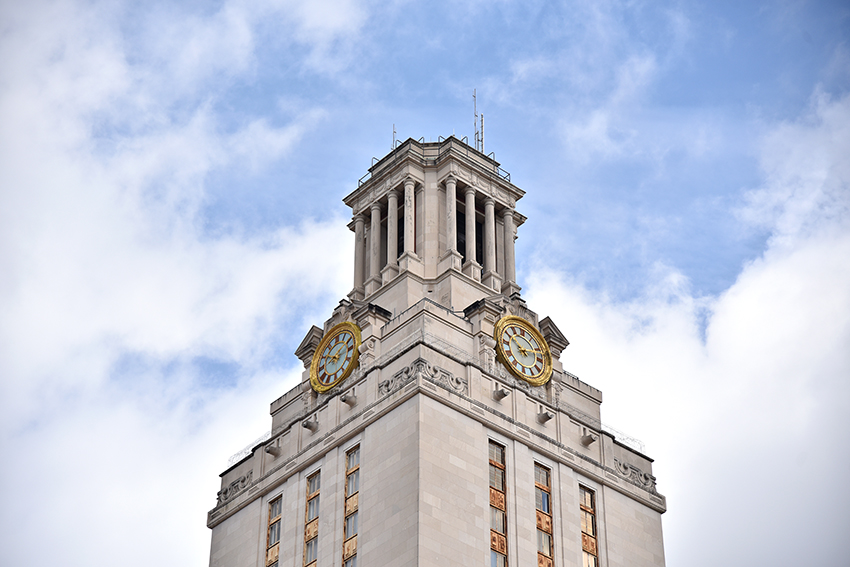Not that long ago, I was riding from Dallas to Austin on a flimsy Megabus. To pass the time, I decided to abuse my family’s shared data to stream Netflix and came across a documentary called “To Be A Miss,” about Venezuelan beauty pageants.
In Venezuela, beauty pageants aren’t trashy TV like “Toddlers and Tiaras”, it’s a national pastime where families watch the televised competitions together while eating dinner. Our Super Bowl is their Miss Universe, but instead of producing trophy kids, Venezuelan families rear beauty queens. What I found unnerving wasn’t their extreme diets or beauty pageant coaches recommending girls as young as 15 to get plastic surgery, it was their naive hope.
I grew up a stone-cold American and like any good American, I was raised in front of a TV. My early exposure to plastic surgery reality shows like “Extreme Makeover”, “Bridalplasty” or “Dr. 90210” has normalized cosmetic procedures for me. But I always knew that surgery was a luxury and most importantly, an option not contingent on success.
Like all things in life, success is measured on different pillars — such as personal, social and economic needs — each of which have its own criteria to fulfill those needs. Personal might include body positivity, social could be a healthy friendship and economic is the security of having a job that pays the bills — you get the picture. While some of these features might intersect, what makes Venezuelan beauty pageants startling is it reveals that beauty in Venezuela is the measure for everything. In other words, being beautiful and winning a crown would not only fulfill your personal needs, but make you more popular and financially successful as well.
Being beautiful is arguably the biggest priority for Venezuelan girls who idolize pageants, and oftentimes turning to plastic surgery is the way to attain these standards. Venezuelan girls aren’t alone, South Korea is the plastic-surgery capital of the world and it’s estimated that half of Korean women in their twenties have had some form of cosmetic procedure.
What makes Venezuelan and South Korean plastic surgery different from their American counterpart is that they both emphasize a homogeneous beauty. The legacy of Miss Venezuela’s has a small nose and long face, but you wouldn’t call her morena, she’s only tan. The girls in the documentary picture themselves as Miss Venezuela, but they’re mestiza and I knew that their indigenous features would hold them back.
I finished the documentary wondering if these girls knew that they were sacrificing their ethnic identity by getting surgery to conform to Western beauty standards.
There isn’t anything inherently wrong with getting surgery for cosmetic purposes. Everyone has the right to feel comfortable in their own skin and for some people that might mean getting a breast augmentation or lip fillers. What hurts me is to see an erasure of identity through homogenized beauty standards. Our features, whether or not we like them, contribute to our ethnic identity.
Fernandez is a rhetoric and writing Spanish senior from Allen.





















